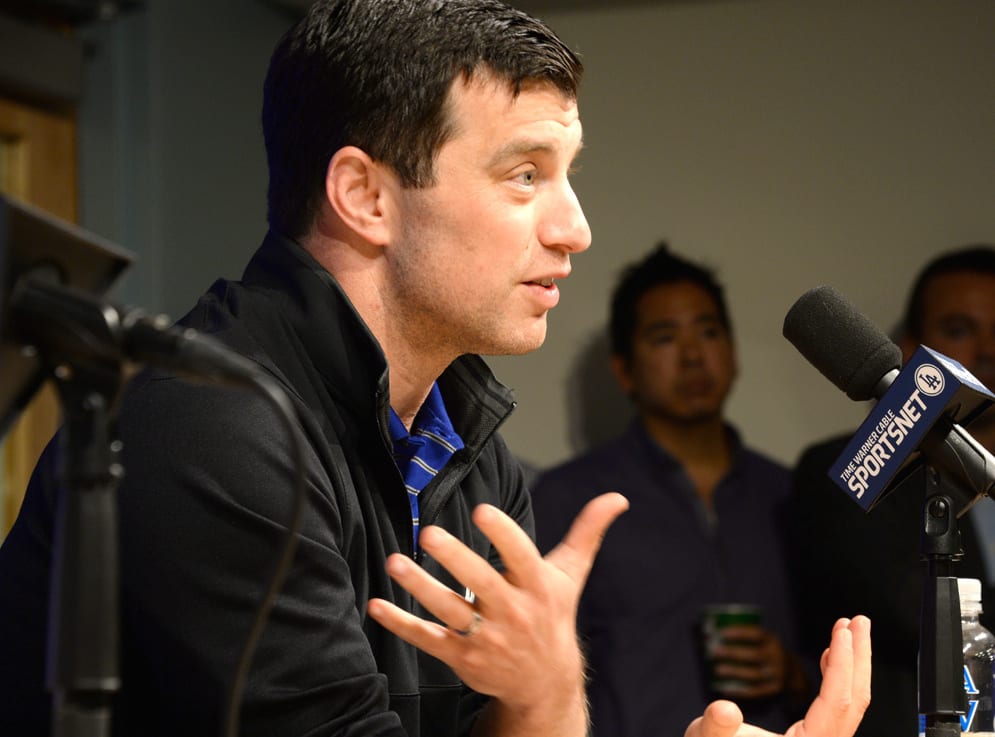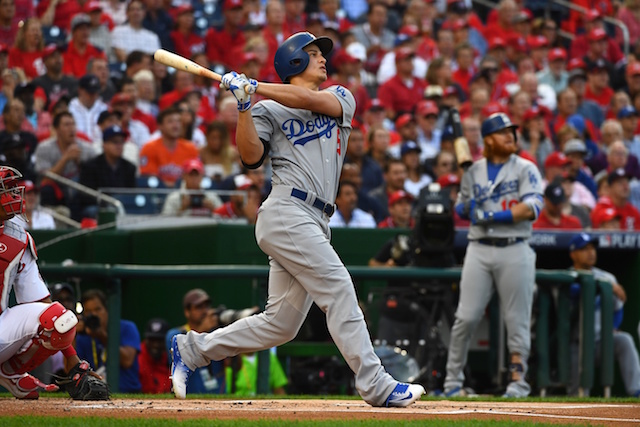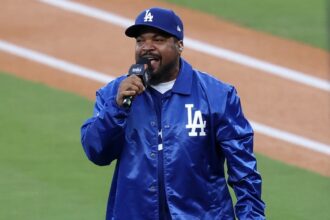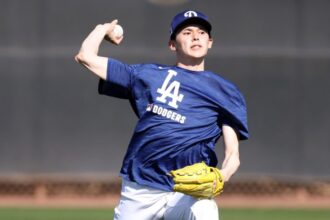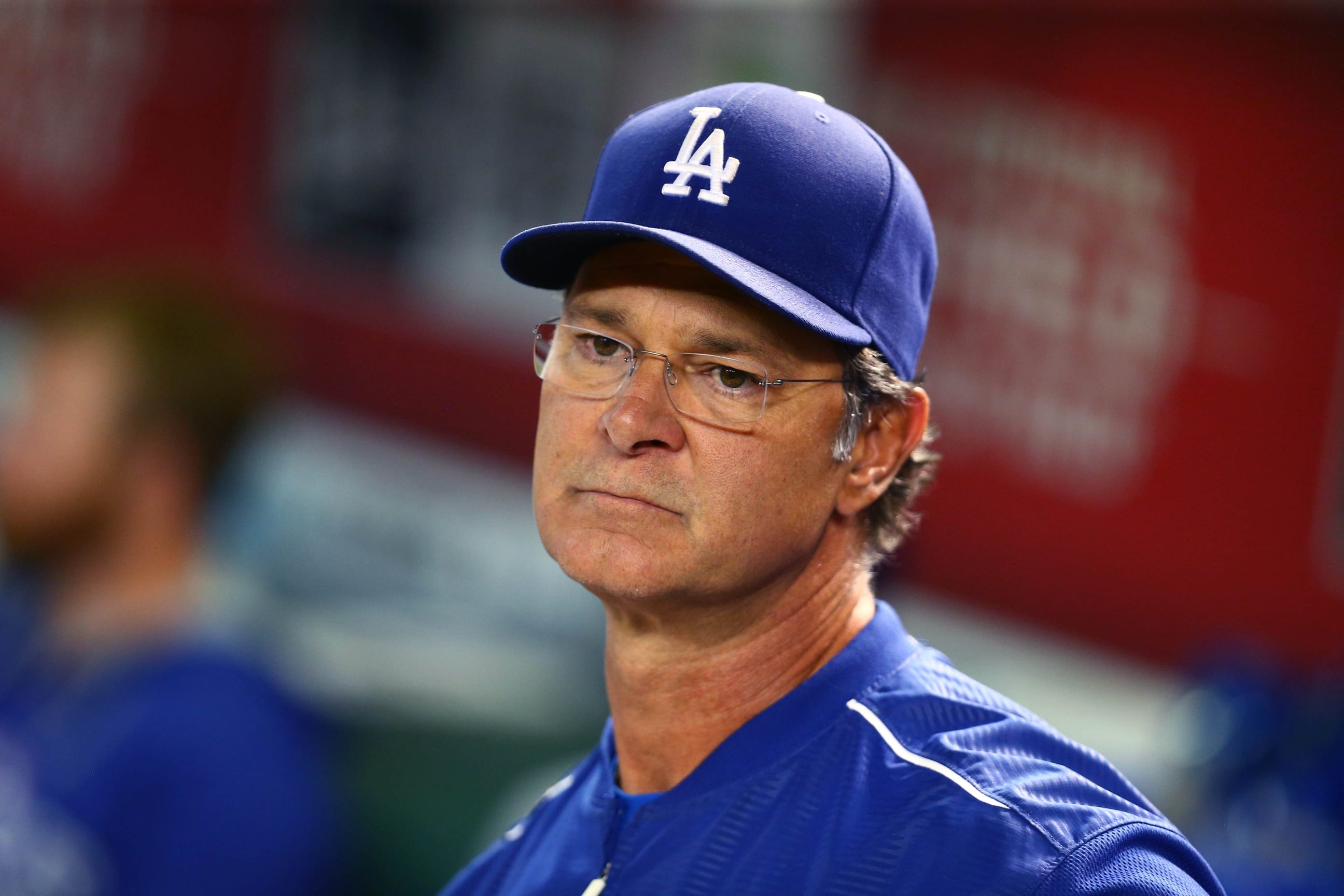
The Coaching Staff
Don Mattingly catches plenty of flack, from fans and sportswriters alike, and I can’t say I’ve never criticized the man. That being said, he’s improved dramatically over the past five seasons.
In 2011, Mattingly’s first year as manager, the Dodgers had 38 sacrifice bunts by non-pitchers, which was ninth-most in the league. By 2015, that number dropped to 15, which ranked 24th in the league.
The main issue with Mattingly has been his usage of the bullpen. In 2013, the Dodgers had three relievers ranked in the top eight in appearances: Ronald Belisario, Paco Rodriguez and Kenley Jansen.
The following year, Belisario went to the Chiacgo White Sox, where he posted a 5.56 ERA, and Rodriguez had a memorable (read: forgettable) late-season collapse.
However, once again, Mattingly showed improvement in this area. Last season no pitcher made more than 70 appearances and this season, only one pitcher (J.P. Howell) appeared in more than 60 games (Howell only pitched 44 innings in those 65 games).
While the number of appearances has been addressed, the usage of relievers is still an issue. The key example here is what we witnessed in Game 1 of the National League Division Series against the New York Mets.
After Clayton Kershaw walked the bases loaded with two outs in the seventh inning, Mattingly brought in Baez to face David Wright. On the surface, this was a good matchup for the Dodgers.
Baez had put up very good numbers over the course of the season and Wright struggled with high velocity. But Baez hadn’t been himself over the last month and was throwing nothing but fastballs.
When asked why he didn’t bring in Hatcher, Mattingly answered he didn’t want to use him for only one out. Why Mattingly didn’t think he could use the double switch here, with Ethier making the final out in the previous inning and three outfielders on the bench, remains unanswered.
There is the more general view that Mattingly should use Jansen in non-save situations or for four outs. However, these issues aren’t confined to one manager or one team.
Even with today’s availability of metrics and forward thinking front offices, managers still find themselves bound to the idea that the closer always pitches last. Tie game on the road with the middle of the order up? Nope, have to save the closer for a lead.
As for the other members of the coaching staff, the only real significant improvement that occurred during the season was the club’s baserunning when Ron Roenicke replaced Lorenzo Bundy as third base coach. However, correlation doesn’t imply causation.
Pitching coach Rick Honeycutt is universally respected, and hitting coach Mark McGwire has gotten more hugs from players after home runs than I can recall. Was Pederson’s batting stance adjusted too much? Was there something that could have prevented the midseason bullpen collapse?
We’ll probably never know.
All in all, the coaching staff watched over the third-best offense and second-best pitching staff by fWAR. Is there still room for improvement? Absolutely, but that’s the case for any team in the league.
The Players
You know, the ones who play the game. While we can spare the “$300 million payroll” cliché, there are some questions about certain players’ contributions to the team this season.
Let’s begin with everyone’s favorite pariah: Yasiel Puig. After posting back-to-back seasons of 4.1 and 5.3 fWAR, fans and team officials expected the 24 year old to play like a star. And he did, for a little bit.
Unfortunately, Puig ended up missing more than half the season with hamstring issues, tallying just 79 games. Could the Dodgers have overcome the Mets’ pitching with a healthy Puig?
Puig wasn’t the only young outfielder to face adversity. After setting the world on fire for three months, Pederson suddenly stopped hitting. After putting up a 137 wRC+ in the first half, he posted a 79 mark in the second.
Luckily, his walks and defense kept him in the lineup and allowed him to compile the fourth-highest fWAR on offense, but there’s the “what could have been” if he’d kept up the torrid pace.
Then there’s the veteran Rollins. Everyone expected him to be a leader, and he was. However, in the first half, his wRC+ was just 68. His defense was an improvement over Hanley Ramirez’s, which isn’t necessarily saying much, but at least he was able to produce in same way.
Yasmani Grandal, who was one of the best hitting catchers in the league midway through the season, hurt his shoulder and continued to play through it, torching his production in the process.
After posting a 159 first-half wRC+, his mark in the second half was an abysmal 49. Nearly one week after Game 5 of the NLDS, a game that Grandal started, he underwent surgery on the balky left shoulder.
On the pitching side, the Dodgers were hard-pressed to find a fifth starter after the injuries to McCarthy and Hyun-Jin Ryu. Carlos Frias, for all his velocity, couldn’t crack a K/9 of 5.0.
Joe Wieland, included in the Matt Kemp trade, allowed nearly one run an inning in his two starts. And the long-awaited Major League debut of Zach Lee was about as unfortunate and unlucky as it gets.
It’s easiest to blame the players, since they’re the ones on the field. They get the most exposure. Blame the players all you want, but given the injuries, they produced a great season.
The Verdict
After reading all of this, you could come to the conclusion that it was Friedman’s fault that the Dodgers didn’t win the World Series. Or maybe it was Mattingly’s fault. Or maybe it was Puig’s fault.
Maybe vice president of medical services Stan Conte, who has since resigned, is to blame for not keeping the team healthy, or controlling owner Mark Walter for spending too much money.
However, with everything that happened this season, it’s hard to imagine that replacing just one piece of the puzzle would have resulted in a championship.
It takes away from the hard work from everyone involved, from the front office to the coaching staff to the players, to lay credit or blame on an individual.
The Dodgers could have caught a few more breaks, a few more lucky bounces, a few less Daniel Murphys, not quite so many players being hurt would have helped.
One player or manager or executive didn’t lose the final game this year, and won’t win them the World Series next year. When they do win, it will be all of them, working together, toward a singular goal.
You can listen to Jared on the weekly Dugout Blues Podcast





